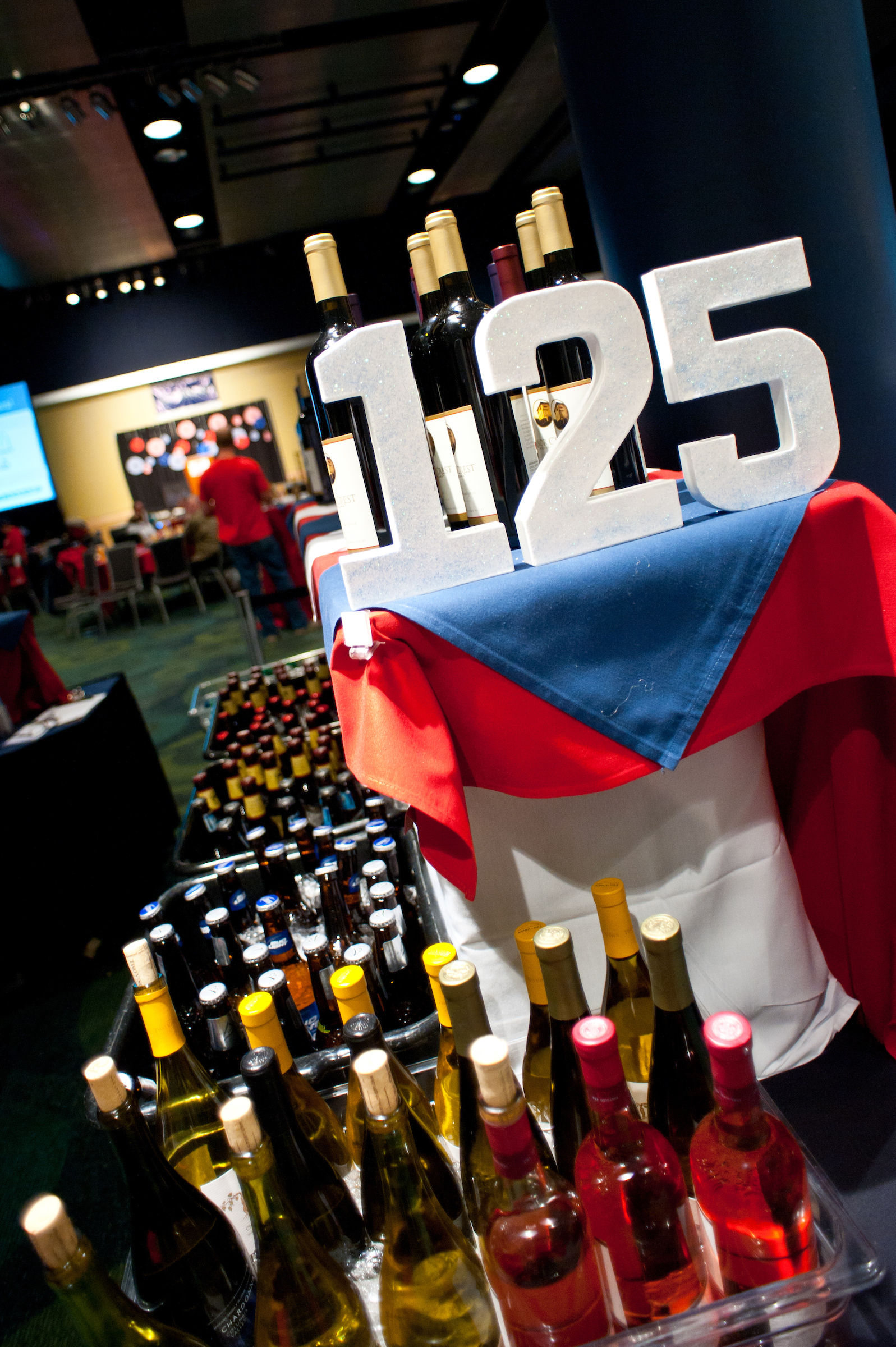Reflections on Substance Use
By: The Center for Cura Personalis
Times of endings, such as the conclusion of a semester, and those of new beginnings—the New Year, new classes, and new semester, often prompt reflection. For some of our students, reflections around their well-being, specifically on the role of alcohol or other drugs in their college experience, can provide opportunities for students to evaluate previous choices and plan for the future.
Arriving at Gonzaga, whether just six months ago, or three years and six months ago, was likely not the first time your Zag encountered alcohol. If you haven’t yet had a talk about your student’s feelings around alcohol or drugs, it’s never too late. Even those students who are now of legal age to consume and may be starting job interviews or other processes, benefit from conversations about the role substances may play in their transition from life at Gonzaga to the next phase of their life. We want to share some tips and resources to help:
Set an intention to begin a conversation, asking your student general questions about their hopes and fears about this next part of their college experience or life. Then, ask specifically for their thoughts about the role that alcohol and other drugs might play during this time. We encourage you to check out this website for some other tips for communicating with your student.
If you have college or other drinking stories, please don’t share these with your students! You may unintentionally be sending messages that condone drinking. Instead, ensure that your student is aware of the university’s rules regarding alcohol and emphasize the negative consequences of underage drinking and/or high risk drinking behaviors.
Junior year, especially in spring, can be a time of many milestones, including turning 21 or studying abroad.
Celebrations of 21st birthdays can also be filled with perceived rites of passage, like a “21 run”, which may include consumption of dangerous amounts of alcohol, such as 21 shots. It could also prompt a checklist of tasks: some humorous, like having a dance off, and others potentially dangerous, like engaging in sexual behaviors. Encourage your student to think about what this milestone means and what kind of celebration is right for them. Students often choose not to drink, to drink responsibly such as having a drink with a dinner, or find another way to celebrate that aligns with their values and priorities.
If your student is abroad, encourage them to think about the role that alcohol plays for citizens of the country they are studying in; often times the ways those who live in a country use alcohol is very different than the way visitors, especially college-aged visitors, engage. It is also important for your student to consider that alcohol percentages may be very different in other countries, and in many cases, much stronger. If your student is choosing to drink while abroad, they should consider going very slowly, knowing what they are drinking and how it may impact them.
Please talk with your student, if they are of legal drinking age, about the ways they intend to keep safe. Protective behaviors include eating before and while drinking, keeping track of their drinks, staying with the same group of friends and using a designated driver.
Keep in mind that, even though the passage of Initiative 502 legalized marijuana use and possession within specific limits for persons over the age of 21 in Washington, this does not apply to our students. Gonzaga continues to uphold federal laws and prohibits use and possession anywhere on campus.
The potency, or strength, of marijuana has increased dramatically and it is sold in a variety of forms at stores not far from campus. THC, the psychoactive ingredient in marijuana, at high levels, can impact your student’s mental health and, in combination with other drugs, has been implicated in multiple hospitalizations this year.
We also noticed an uptick in marijuana violations at the end of the fall semester and, again, at the beginning of this spring semester, and are paying close attention to fake IDs confiscated from locations in our neighborhood. If your student lives on campus, continue to reinforce the student code of conduct which prohibits any substance use.
Furthermore, certain methods of consuming marijuana, such as concentrates that are heated with a blow torch, create a danger not only to your student, but the entire living community. Penalties will be severe for students found with hazardous paraphernalia in the residence halls.
Encourage well-being. We have said it before, and will continue to say it—our data from Gonzaga’s recent participation in the National College Health Association survey shows that those students who regularly practice healthy habits such as eating health foods, exercising and getting enough sleep report having significantly fewer, if any, mental health issues. Additionally, those who regularly exercise and get enough restful sleep are significantly more likely to report no difficulties handling issues with academics, relationships and family problems. Help your student develop or renew a commitment to these things, and talk about how your student can maintain these at GU.
If you believe that your student may be engaging in concerning behaviors around alcohol or other drugs, we recommend visiting the Center for Cura Personalis website to learn more about some of the resources available through CCP. Our website describes different in-person opportunities available for students, such as the PEERS (People Exploring Experiences Regarding Substances) harm reduction group, running again this semester. These are free, once a week sessions, open to any students interested in making changes to their substance use. If a student expresses interest in potentially wanting to make some changes to their drinking, for example, the online e-CHECKUP TO GO survey would be an excellent tool to refer them to. Alcohol and other drugs are also topics listed within GU’s Wellness Toolbox.
Finally, we encourage you to revisit the ZagTalk guide published this past fall for more information.

